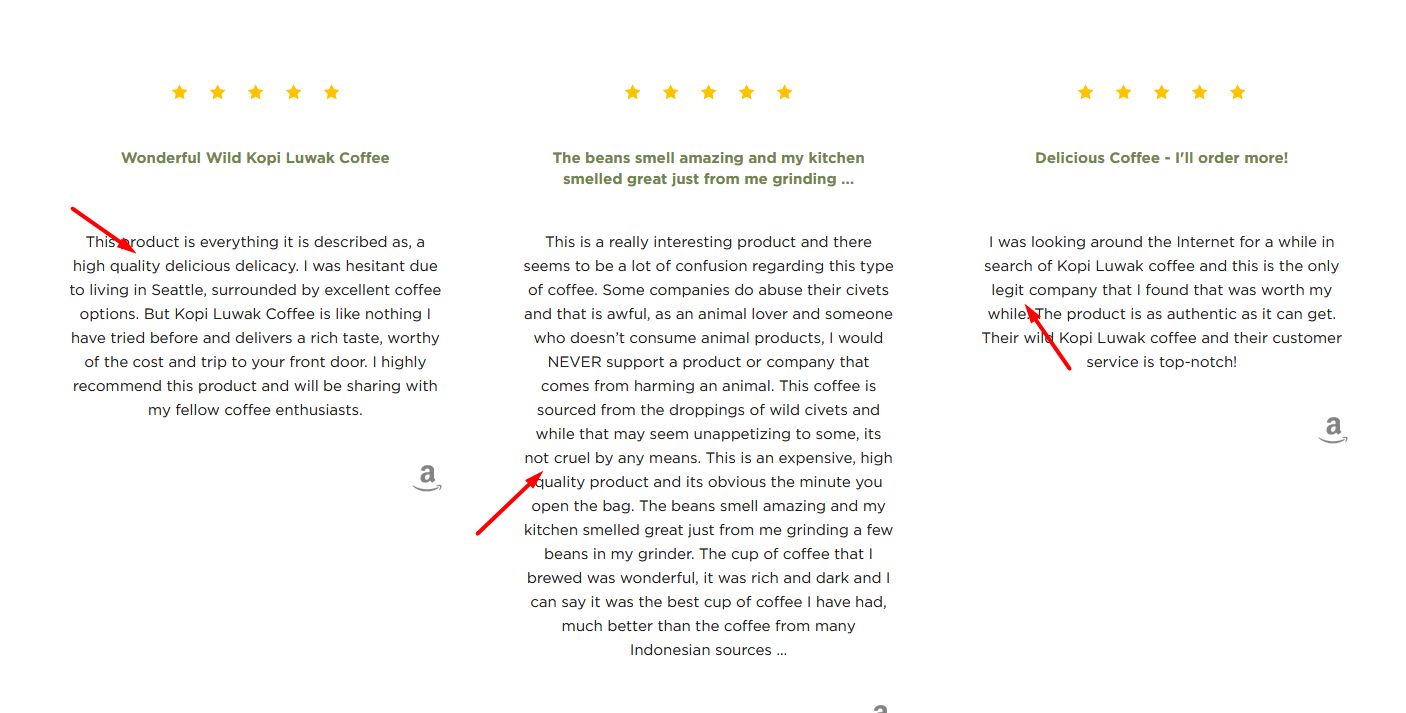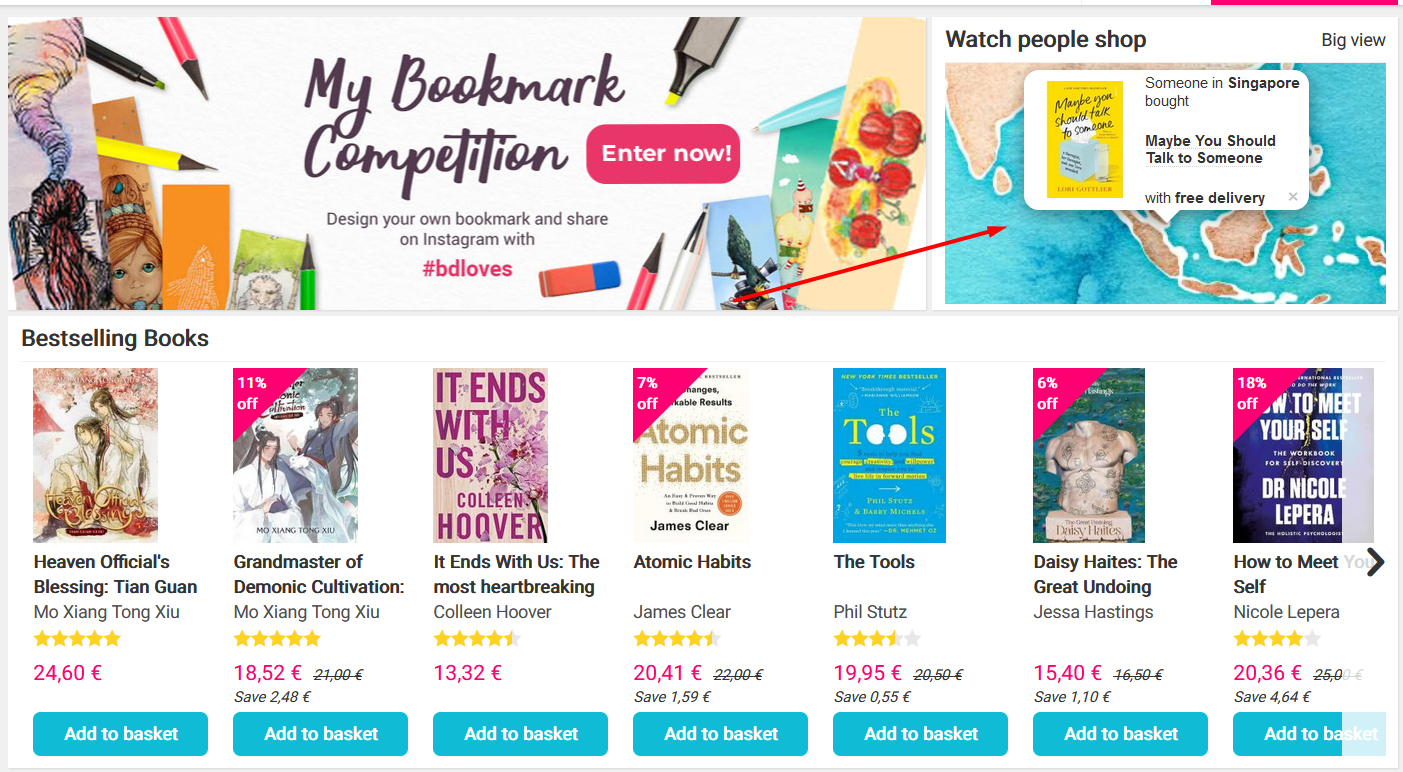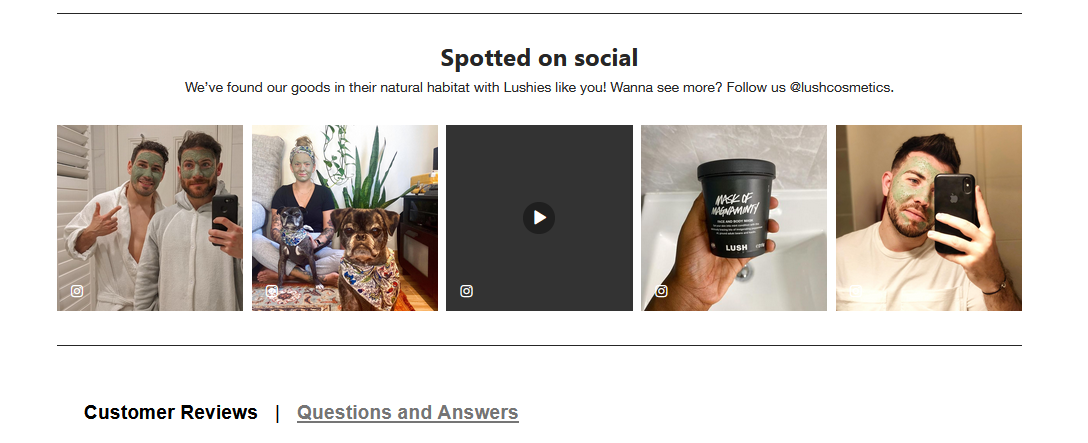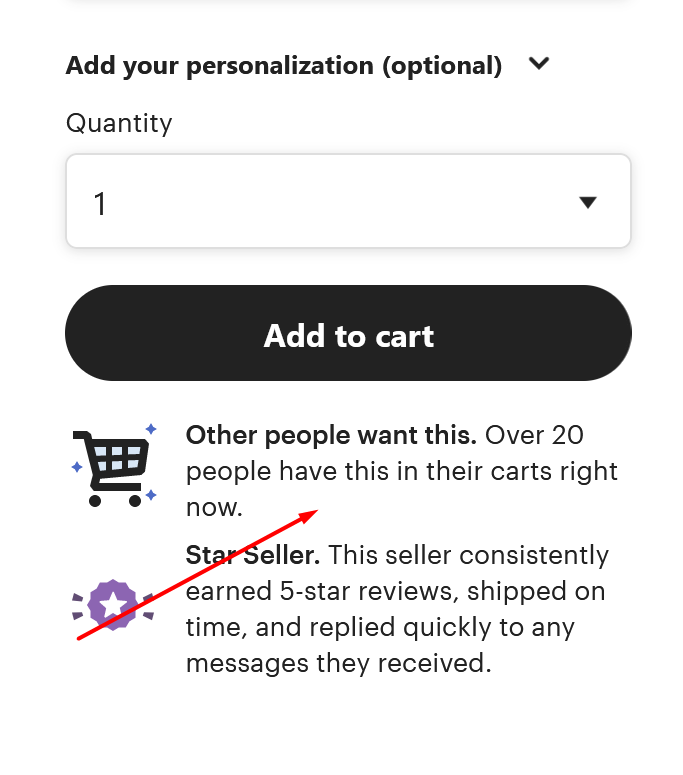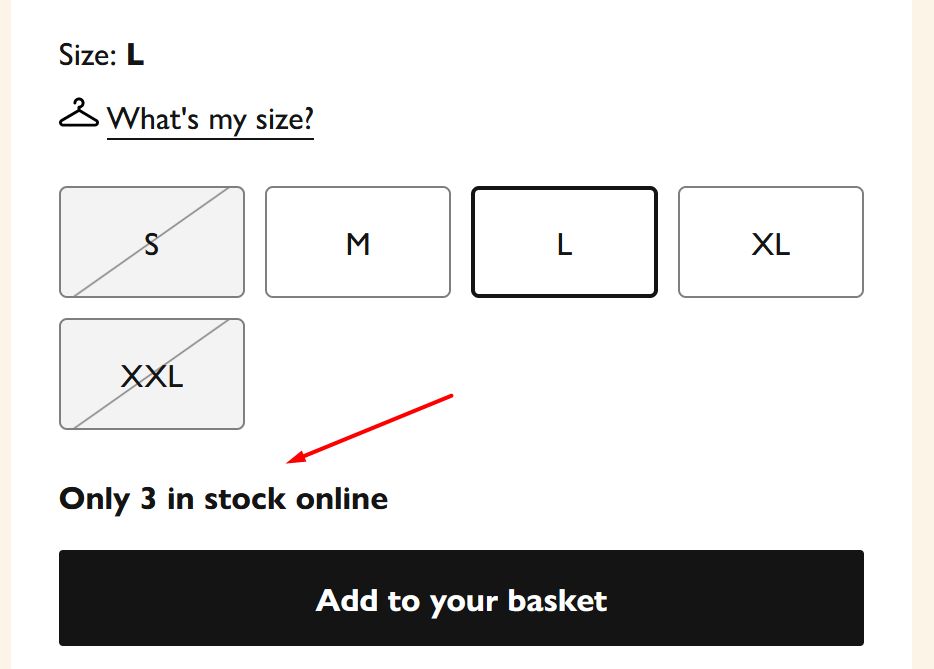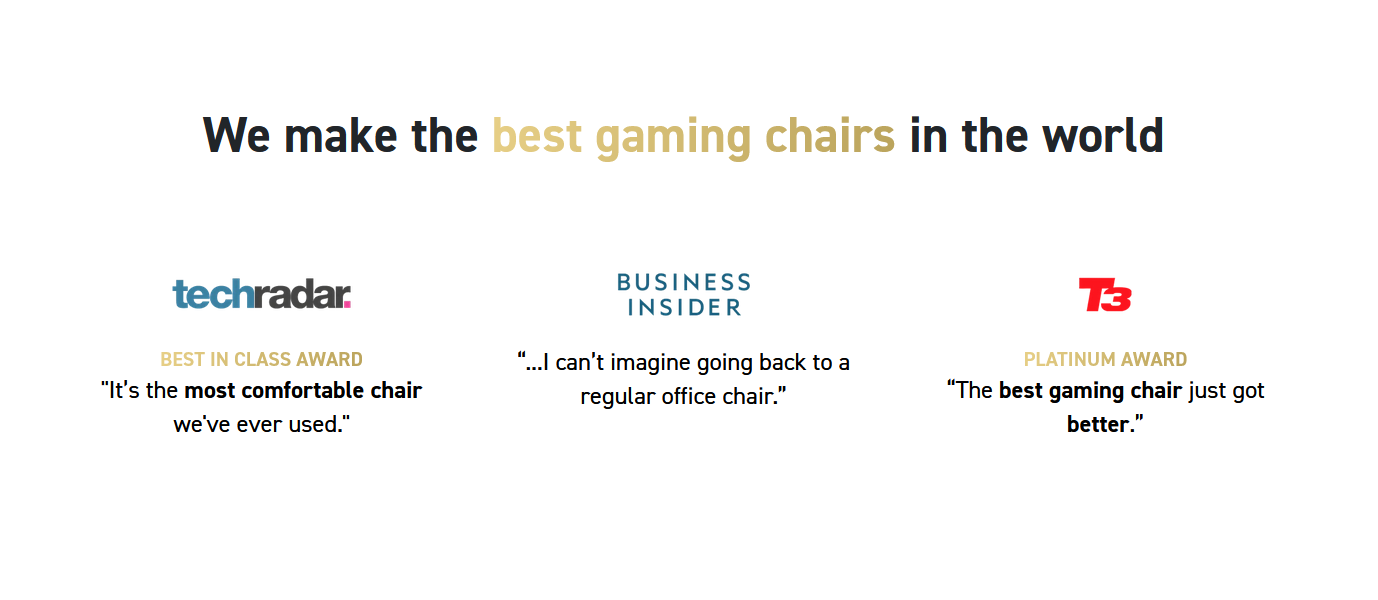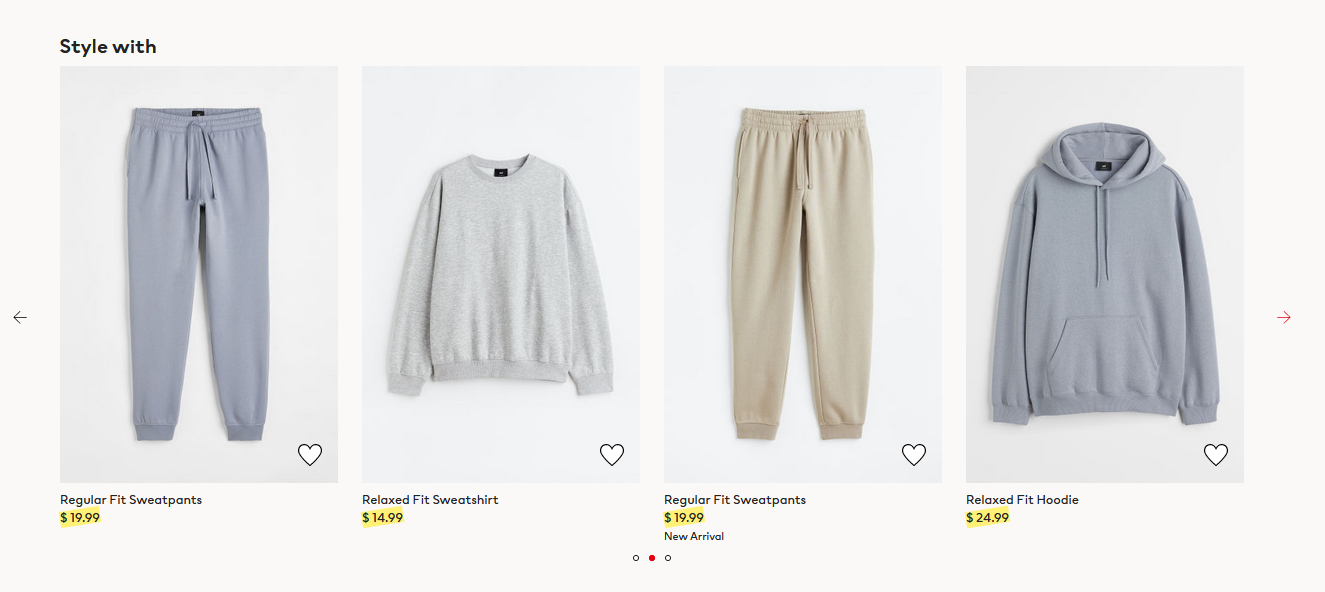Social proof is incredibly significant in the world of eCommerce.
People (potential customers) are much more likely to take action when they know others have done it before them.
Instead of being pioneers, they can follow the proven path others have taken, having their expectations from a product.
This cautious behavior saves them both time and money.
Finite commodities online shoppers hate to spend when they don't have to. If there is a better deal out there, they will snatch it up!
As a store owner, social proof can even raise the value of your entire brand.
So, if you ever decide to sell your eCommerce store, having lots of positive reviews can impact its valuation.
What kind of social proof should you display?
More importantly, how will it impact customer decisions in 2024?
Don't Limit Reviews to Product Pages
Most eCommerce brands know they must feature customer reviews on their product pages.
You'd be hard-pressed to find an online store that keeps shoppers from giving star ratings (and comments) on products they have purchased.
While asking for quality reviews and displaying them on the product page is a practice you must adopt, think about this:
- What happens if a potential customer doesn’t make it to your product pages?
- What if they have landed on your homepage, browsed a bit, but then left to check elsewhere?
- Will you let them go without seeing your stellar reviews?
Of course not!
To ensure you can showcase your product's greatness, you have to extend product reviews to non-product pages like your home page.
Your homepage holds enormous importance as this is where most of your audience will likely land.
You can do it with a product carousel, like most brands, or even add average rating badges to your collection page.
When you use an excellent review app, you can show reviews anywhere that matters.
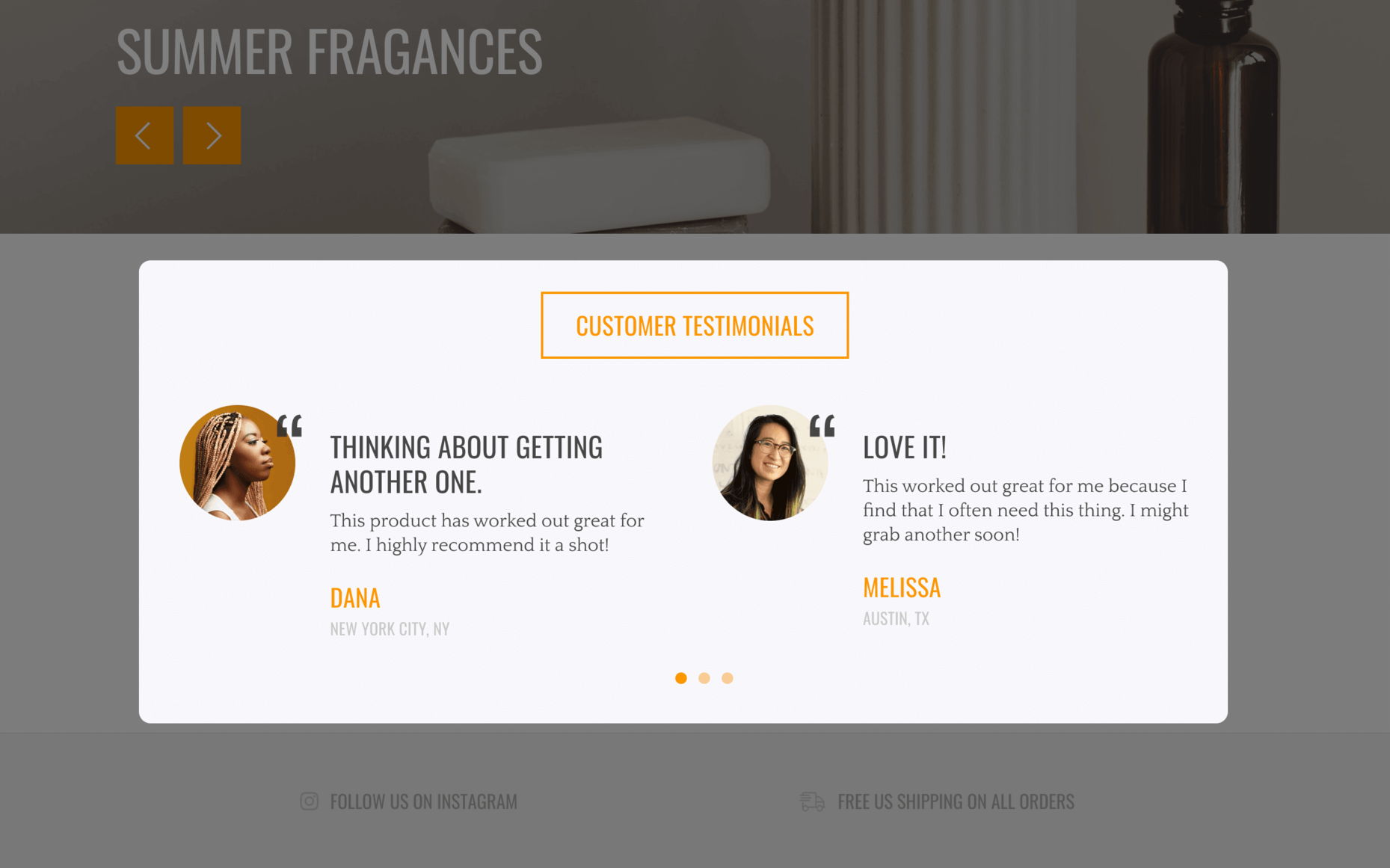
Beautiful, simple reviews for your site
Easily collect, show & grow customer reviews, photos & videos for your business.Respond to Social Media Mentions
Social media provides many opportunities to gather social proof and respond to it in real-time.
Using social listening tools, you can keep track of your mentions and deliver top-notch customer service in an arena where everyone can see it.
Pay Attention to Your Tags
Customers will often mention your brand when they mention your product. Hence, you must be available to repost, retweet, and respond to all of them appropriately.
Your post can then get picked up by others, and your bit of social proof can reach a larger pool of potential customers.
Here's a good Instagram example by ATH.
In one of his videos, the athlete Nathan Corbett tagged them.
This is often done by influencers who understand the importance of tagging brands. ATH can repost this post, which will be particularly effective for a few months.
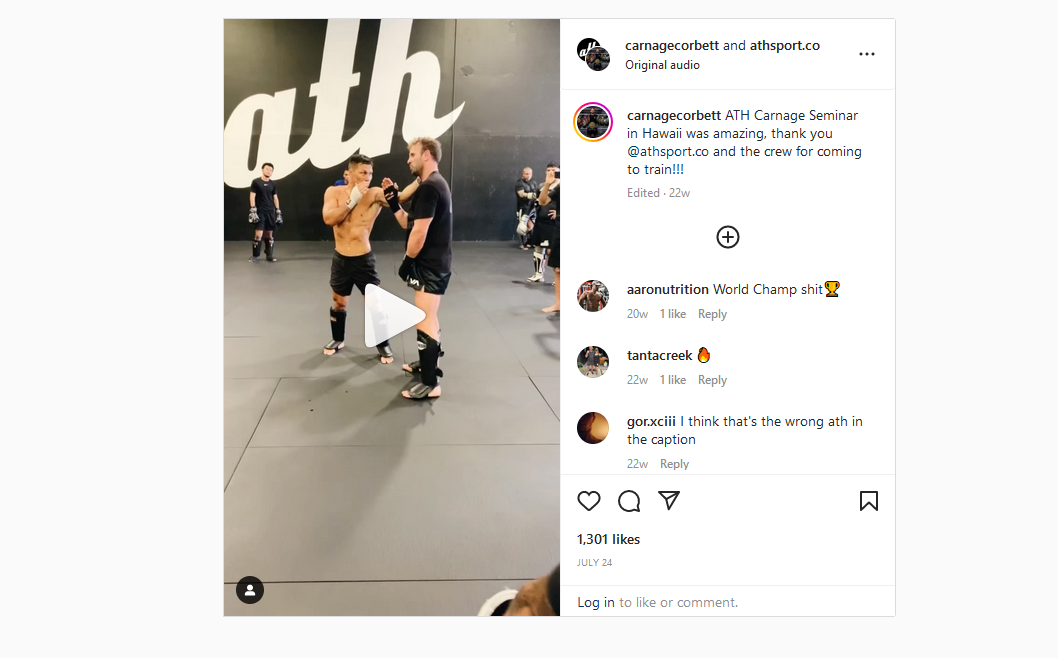
Source: Instagram
Starbucks is an excellent example of cross-platform promotion.
They tag the followers who have mentioned them on Twitter or shared a lovely photo of their appreciation for their brand (take a look at this dog, for example).
Also, they will use and repurpose content from other platforms.
Here's a video compiled from Instagram photos or a Halloween costume originally shared on Facebook.
Show Reviews From Trusted Review Aggregators
Third-party review aggregators are another great way to demonstrate trust and expertise.
Customers will naturally trust the likes of Google and Facebook, even though they understand that some people leave malicious comments there.
The key is in how you (and whether you) respond to these reviews.
Whenever someone leaves you a review on your profiles registered with third parties, ensure you take your time and reply.
Even if they have just left you a star rating, it is best to show that their time and effort mean a lot to you.
This approach can help potential customers see you as appreciative and more human.
When displaying said third-party reviews, don't just show the logo. Show excerpts from reviews and your overall score.
Feature Reviews From Other Platforms on Your Site
Speaking of reviews from other websites, you can also choose to curate some of your best reviews from other websites or social media.
If someone has said something nice about you on Facebook, don't just share it there.
Incorporate it on your website, where it has a higher chance of swaying leads contemplating a purchase.
Which reviews you choose will be essential.
Chances are, many people will say nice things about you, but you don't want to select reviews that all sound the same or focus on the same aspects of your product or brand.
Use these reviews to highlight the entire experience customers can have with your brand.
Use them to reinforce the messages you have already exposed them to with your own copywriting.
Kopi Luwak Direct utilizes some of the best practices in this regard.
They have chosen three reviews from Amazon, all of which give you different glimpses into the benefits of buying a particular coffee.
"It is high-quality and delicious, delivered to your door. The company is legitimate, and no animals were harmed in the production of the coffee."
In short, they have highlighted everything a hesitant customer may need to convert.
Show Real-Time Sales
Suppose your store has thousands, hundreds of thousands, or even millions of products.
In that case, it can be challenging to incorporate the kind of social proof that provides a true impact.
Of course, you should feature reviews for each product.
Still, given the sheer volume of items, some products will likely never get reviewed, and customers will not even know you stock others.
A great way to solve this issue and simultaneously recommend your products to customers is to show real-time sales.
A simple widget will do it; you can tell your current website visitors what product someone else has purchased from a particular place.
This tactic will serve several purposes.
You showcase a large part of your inventory, but you will also reassure your customers that others trust you as we speak.
They will likely convert themselves when they see all those other products flying off your shelves.
The Book Depository has a great homepage widget that literally lets you watch people shop.
It's not just fun to watch; it can remind you of a book you may have forgotten about and demonstrates the brand's popularity worldwide.
It's much easier to place your order once you've seen all those other satisfied customers.
Incorporate UGC in Your Product Pages
User-generated content (UGC) is one of the best social proof types you can use on your pages. And by user-generated content, this time, we mean images and videos.
First, UGC allows you to showcase your product in action.
No matter how many images of it you shoot, you will never be able to capture the same emotions and responses a simple photo shot from a user can communicate.
By showing off UGC, you will also make your users feel special.
Featuring them on your website is a great way to show appreciation, especially if you take the time to ask them for the feature and properly credit their image.
Finally, there's the usual benefit of using social proof.
Customers will see others are satisfied with the product, know what it looks like and what they can expect, and feel much more confident in their purchasing decision.
You can feature UGC on your product pages in various ways.
You can let customers upload photos when they leave their reviews; or, you can feature their social media posts.
This will require some proper social listening and finding images for each product.
Lush Cosmetics has mastered this tactic!
Please take a look at their Mask of Magnaminty.
Apart from the usual star reviews, it also features a "spotted on social" section, featuring images of Lush fans using said product.
Not all of their pages feature this section, as you will see if you take a bit of a browse.
Others are displayed in the review section since not all of their fan’s photos are ‘on-brand,’ which makes sense.
Brands want to showcase images that match their aesthetic, and yours should be too!
Show Others Are Interested
The fear of missing out is a fantastic way to drive more sales.
If people know that a product is in high demand and others are interested in it, they are more likely to buy it.
If they are afraid they might miss it and the product may go out of stock (forever, for all they know), conversions are more likely.
Achieving this will require a bit of power, and the backend of your store will need to be able to tell how many people have a specific item on their wish lists or in their carts.
However, a quality eCommerce solution can help you there.
Take a look at Etsy.
Their product pages feature an element that tells shoppers how many others have the same item in their cart.
It testifies to the product's popularity and the seller's trustworthiness, so you will have a much easier time checking out.
Also, note that it's not just a gimmick.
Other Etsy pages feature this element and display different numbers, and you can even be informed when only one product remains in stock.
Show Low Stock
Speaking of Fear of missing out (FoMO), you can also use it by showing when a product is low in stock.
It is a great way to demonstrate that there is a lot of interest in a product, and it's an ingenious tactic for sales.
If you want to sell out all of your product stock before a specific date, showing customers there is limited stock left will ensure they convert.
In terms of social proof, this tactic speaks to the quality of a product.
The product must be good if so many others have already made a purchasing decision, and it would certainly be a shame to miss out.
Just ensure that your inventory tracking software updates in actual real-time.
You don't want to disappoint customers by displaying that there are five items left when, in reality, they were all purchased in the last 24 hours, and it will defeat the purpose of improving user experience.
John Lewis and Partners use this tactic.
They are very good at telling you how many items are left or when they are stocked in their online store.
They also give you the option to get notifications when a product is back in stock, which is fantastic UX once again.
Highlight Your Awards
A demonstration of superb quality can often sway customers.
If your product has won an award, especially if this award is a prestigious one, they will be much more likely to purchase it.
This instance is, of course, more applicable in some niches than others.
For example, if you sell mugs, people won't care if you have won an award for them at a local fair.
But, if you operate in YMYL (Your Money or Your Life) niches, like supplements, medical alert systems, or orthopaedic shoes, customers might appreciate your award.
Note that the committee awarding the prize will matter the most.
If you win an award from a less-than-reputable source, you shouldn't boast about it on your homepage.
Instead, wait for a media mention, review, or award from a prominent name in your industry — one that will instantly convey trust and excellence.
The folks from Secretlab have just these types of awards under their belt and are fearless in showing them.
They show you what some major tech and gaming publications have said about them on their homepage.
Yet, they also feature a dedicated reviews page highlighting the awards reputable names in the industry have given them.
Their product quality is definitely of supreme importance.
After all, if you spend hours in a chair, you want to know it won't hurt your back and impact your posture.
These awards help them assure visitors their product is worth the investment.
Feature an "Also Bought" Section
Finally, another great way to showcase your inventory (and various products in stock) and to help people reach a purchasing decision with social proof is by featuring an "also bought" section on your product pages.
This tactic will help you provide educated recommendations to customers needing clarification on which product fits their needs best.
It will also tell them that people often make more than one purchase from you, which makes you trustworthy and credible.
Serenata Flowers does this very well and very simply.
Their widget is easy to implement and instantly lives up the page while adding a unique layer of social proof to their pages.
Ensure that your recommendations depend on accurate data and that you consider people's actual purchases.
You can also recommend products along the "goes well with" line if that makes more sense in your industry (for example, socks to go with the shoes).
H&M does this to significant effect, recommending products that a customer can style with the item they are currently viewing.
Furthermore, they also have an "others also bought" section for good measure.
Wrapping Up
Social proof is among the most valuable website elements an eCommerce website can feature.
Before adding it to your pages, you must carefully consider what will influence your audience the most.
Guest Poster
Travis Jamison is the founder of Smash.vc.
A self-proclaimed “Serial entrepreneur”, Travis has founded roughly a dozen small businesses everything from SaaS companies, ecommerce shops, health products, and his personal favorite; his long-standing search marketing agency.
Travis and his co-founder started Smash.vc to be the solution they wished had existed.
Smash.vc partners with existing profit-focused businesses to:
- Give the founder(s) a partial exit.
- To be a partner, a real value-add investor.
- Literally do the work to help your company grow.
